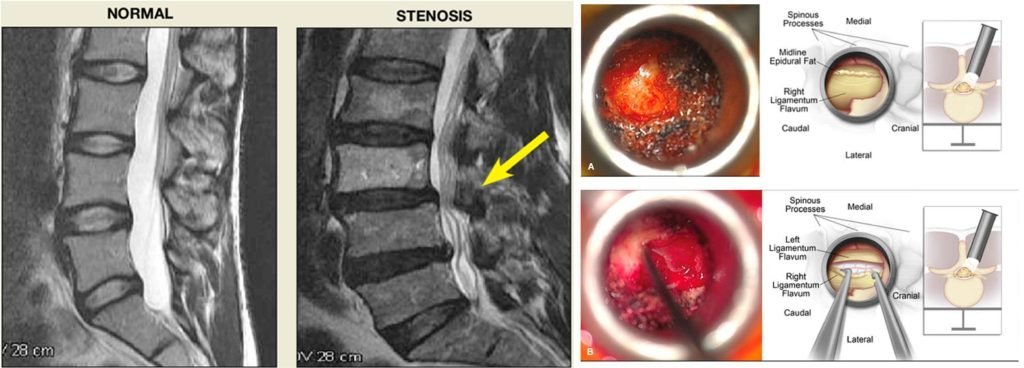

Why might you need this Surgery?
If you have persistent back or neck pain, difficulty walking, or problems with bladder or bowel control due to pressure on your spinal nerves, spinal decompression surgery could be an option. It is recommended when non-surgical treatments like medicines, physiotherapy, or injections do not provide relief.
Common Conditions treated with Spinal Decompression
-
Spinal Stenosis
-
Herniated Disc
-
Spondylolisthesis

Recovery & Care after Surgery?
-
Hospital Stay: Typically 1-3 days, depending on the procedure.
-
Physical Therapy: Exercises to restore movement and build strength.
-
Activity Restrictions: Avoid heavy lifting or bending for a few weeks.
-
Follow-Up Visits: Regular check-ups with Dr. Shankar Acharya to monitor your healing.
Advantages of Spinal Decompression Surgery
-
Relief from pain, numbness, and weakness.
-
Improved ability to walk and perform daily activities.
-
Better control of bladder and bowel functions (if affected).
-
Enhanced quality of life.

Types of Spinal Decompression Surgeries
-
Laminectomy: Removes a portion of the vertebra (lamina) to relieve pressure.
-
Discectomy: Removes the damaged part of a herniated disc.
-
Foraminotomy: Enlarges the nerve passageways in the spine.
-
Corpectomy: Removes parts of the vertebral body and disc for severe compression cases.

What Happens During Surgery?
-
Before Surgery: Tests like MRI or CT scans will help plan the procedure. You may need to fast before surgery.
-
During Surgery: The surgeon works to remove or reshape the structures causing nerve pressure. Depending on the case, minimally invasive techniques or traditional open surgery may be used.
-
After Surgery: Most patients begin moving within a day or two. A physiotherapy program will help regain strength and flexibility.



